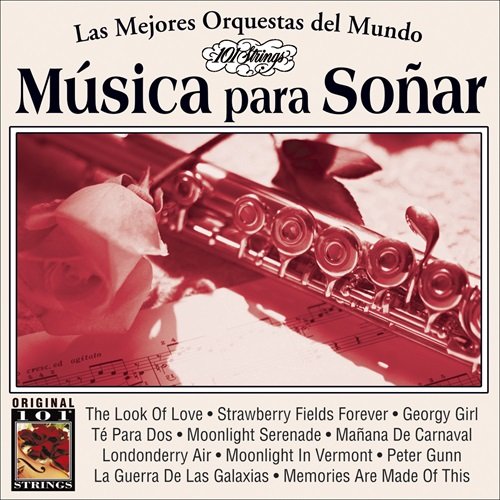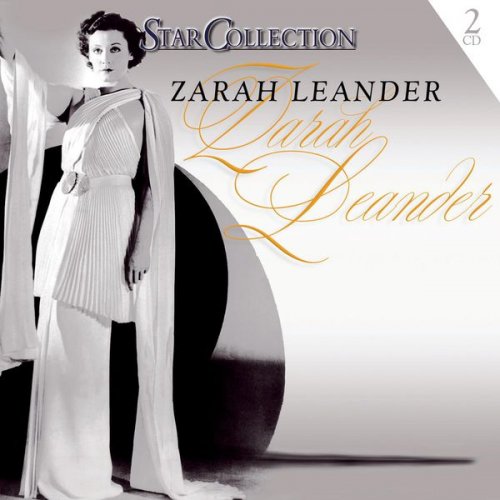Grant Green - The Remasters (All Tracks Remastered) (2020)
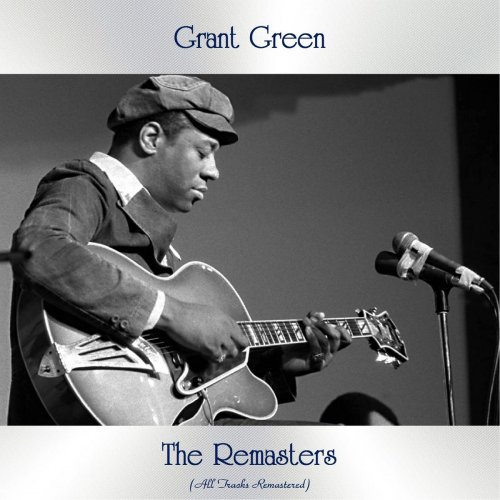
Artist: Grant Green
Title: The Remasters (All Tracks Remastered)
Year Of Release: 2020
Label: Millennium Digital Remaster
Genre: Jazz
Quality: FLAC (tracks) / MP3
Total Time: 2:59:24
Total Size: 1.12 GB / 412 MB
WebSite: Album Preview
Tracklist:Title: The Remasters (All Tracks Remastered)
Year Of Release: 2020
Label: Millennium Digital Remaster
Genre: Jazz
Quality: FLAC (tracks) / MP3
Total Time: 2:59:24
Total Size: 1.12 GB / 412 MB
WebSite: Album Preview
01. 'Round About Midnight (Remastered 2015)
02. Lullaby of the Leaves (Remastered)
03. No. 1 Green Street (Remastered 2015)
04. Alone Together (Remastered 2015)
05. Tico Tico (Remastered 2015)
06. Brazil (Remastered 2015)
07. 'Ain't Nobody's Bizness If I Do (Remastered)
08. Blues for Willareen (Remastered)
09. Green with Envy (Remastered 2015)
10. My Funny Valentine (Remastered 2015)
11. Grenada (Remastered 2015)
12. Am I Blue (Remastered 2015)
13. Take These Chains from My Heart (Remastered 2015)
14. Someday My Prince Will Come (Remastered)
15. I Wanna Be Loved (Remastered 2015)
16. Mama Inez (Remastered 2015)
17. Sweet Slumber (Remastered 2015)
18. Besame Mucho (Remastered 2015)
19. For All We Know (Remastered 2015)
20. Outer Space (Remastered)
21. Grandstand (Remastered 2015)
22. My One and Only Love (Remastered)
23. If I Should Lose You (Remastered)
24. Old Folks (Remastered 2015)
25. Born to Be Blue (Remastered)
A severely underrated player during his lifetime, Grant Green is one of the great unsung heroes of jazz guitar. He combined an extensive foundation in R&B with a mastery of bebop and simplicity that put expressiveness ahead of technical expertise. Green was a superb blues interpreter, and while his later material was predominantly blues and R&B, he was also a wondrous ballad and standards soloist. He was a particular admirer of Charlie Parker, and his phrasing often reflected it.
Grant Green was born in St. Louis in 1935 (although many records during his lifetime incorrectly listed 1931). He learned his instrument in grade school from his guitar-playing father, and was playing professionally by the age of thirteen with a gospel group. He worked gigs in his home town and in East St. Louis, Illinois -- playing in the '50s with Jimmy Forrest, Harry Edison, and Lou Donaldson -- until he moved to New York in 1960 at the suggestion of Donaldson. Green told Dan Morgenstern in a Down Beat interview: "The first thing I learned to play was boogie-woogie. Then I had to do a lot of rock & roll. It's all blues, anyhow."
During the early '60s, both his fluid, tasteful playing in organ/guitar/drum combos and his other dates for Blue Note established Green as a star, though he seldom got the critical respect given other players. He collaborated with many organists, among them Brother Jack McDuff, Sam Lazar, Baby Face Willette, Gloria Coleman, Big John Patton, and Larry Young. He was off the scene for a bit in the mid-'60s, but came back strong in the late '60s and '70s. Green played with Stanley Turrentine, Dave Bailey, Yusef Lateef, Joe Henderson, Hank Mobley, Herbie Hancock, McCoy Tyner, and Elvin Jones.
Sadly, drug problems interrupted his career in the '60s, and undoubtedly contributed to the illness he suffered in the late '70s. Green was hospitalized in 1978 and died a year later. Despite some rather uneven LPs near the end of his career, the great body of his work represents marvelous soul-jazz, bebop, and blues.
Although he mentions Charlie Christian and Jimmy Raney as influences, Green always claimed he listened to horn players (Charlie Parker and Miles Davis) and not other guitar players, and it shows. No other player has this kind of single-note linearity (he avoids chordal playing). There is very little of the intellectual element in Green's playing, and his technique is always at the service of his music. And it is music, plain and simple, that makes Green unique.
Green's playing is immediately recognizable -- perhaps more than any other guitarist. Green has been almost systematically ignored by jazz buffs with a bent to the cool side, and he has only recently begun to be appreciated for his incredible musicality. Perhaps no guitarist has ever handled standards and ballads with the brilliance of Grant Green. Mosaic, the nation's premier jazz reissue label, issued a wonderful collection The Complete Blue Note Recordings with Sonny Clark, featuring prime early '60s Green albums plus unissued tracks. Some of the finest examples of Green's work can be found there. ~ Michael Erlewine
Grant Green was born in St. Louis in 1935 (although many records during his lifetime incorrectly listed 1931). He learned his instrument in grade school from his guitar-playing father, and was playing professionally by the age of thirteen with a gospel group. He worked gigs in his home town and in East St. Louis, Illinois -- playing in the '50s with Jimmy Forrest, Harry Edison, and Lou Donaldson -- until he moved to New York in 1960 at the suggestion of Donaldson. Green told Dan Morgenstern in a Down Beat interview: "The first thing I learned to play was boogie-woogie. Then I had to do a lot of rock & roll. It's all blues, anyhow."
During the early '60s, both his fluid, tasteful playing in organ/guitar/drum combos and his other dates for Blue Note established Green as a star, though he seldom got the critical respect given other players. He collaborated with many organists, among them Brother Jack McDuff, Sam Lazar, Baby Face Willette, Gloria Coleman, Big John Patton, and Larry Young. He was off the scene for a bit in the mid-'60s, but came back strong in the late '60s and '70s. Green played with Stanley Turrentine, Dave Bailey, Yusef Lateef, Joe Henderson, Hank Mobley, Herbie Hancock, McCoy Tyner, and Elvin Jones.
Sadly, drug problems interrupted his career in the '60s, and undoubtedly contributed to the illness he suffered in the late '70s. Green was hospitalized in 1978 and died a year later. Despite some rather uneven LPs near the end of his career, the great body of his work represents marvelous soul-jazz, bebop, and blues.
Although he mentions Charlie Christian and Jimmy Raney as influences, Green always claimed he listened to horn players (Charlie Parker and Miles Davis) and not other guitar players, and it shows. No other player has this kind of single-note linearity (he avoids chordal playing). There is very little of the intellectual element in Green's playing, and his technique is always at the service of his music. And it is music, plain and simple, that makes Green unique.
Green's playing is immediately recognizable -- perhaps more than any other guitarist. Green has been almost systematically ignored by jazz buffs with a bent to the cool side, and he has only recently begun to be appreciated for his incredible musicality. Perhaps no guitarist has ever handled standards and ballads with the brilliance of Grant Green. Mosaic, the nation's premier jazz reissue label, issued a wonderful collection The Complete Blue Note Recordings with Sonny Clark, featuring prime early '60s Green albums plus unissued tracks. Some of the finest examples of Green's work can be found there. ~ Michael Erlewine
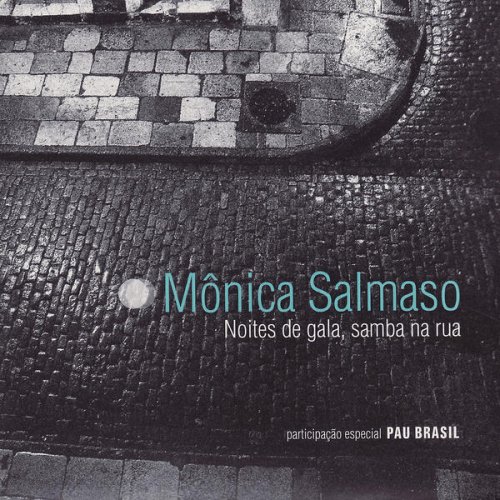
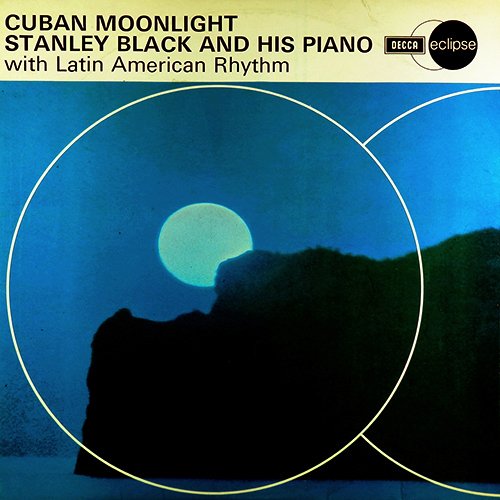
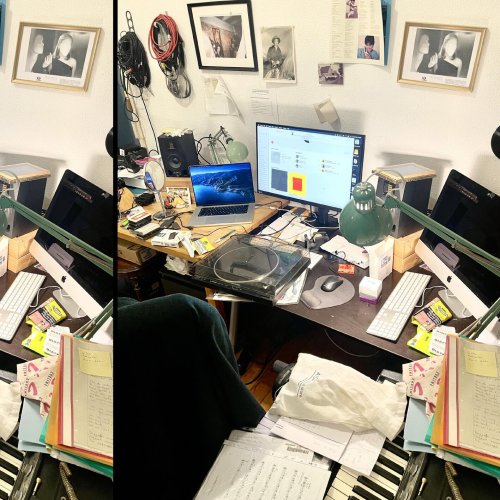
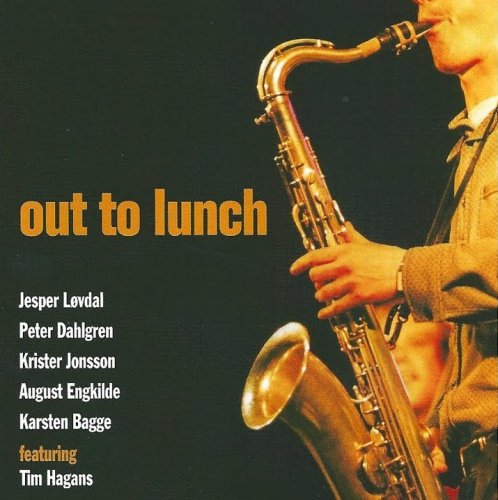
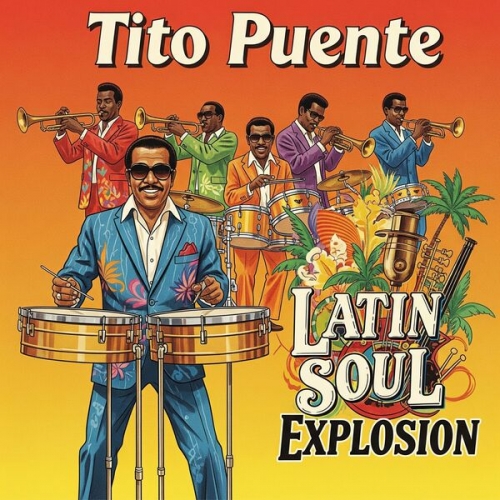
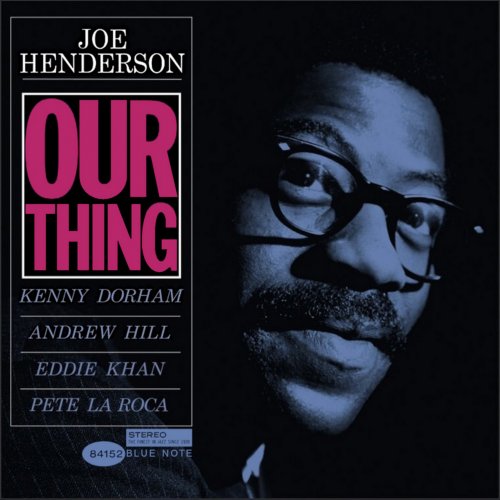
![Bill Champlin - Through It All (1994) [Japanese Edition] Bill Champlin - Through It All (1994) [Japanese Edition]](https://www.dibpic.com/uploads/posts/2026-02/1771699229_ff.jpg)
